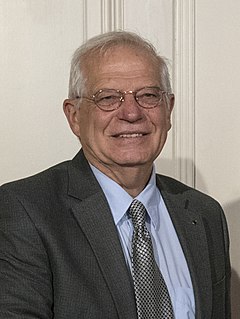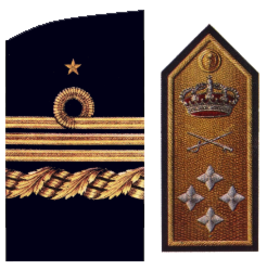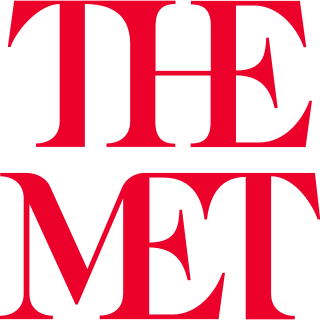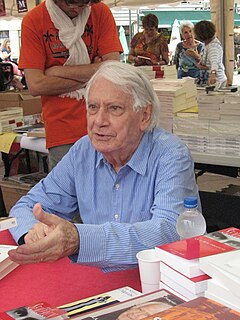
Josep Borrell Fontelles is a Spanish politician. A member of the Spanish Socialist Workers' Party, he assumed office as Minister of Foreign Affairs, European Union and Cooperation in June 2018.

Pedro Rodríguez de Campomanes y Pérez, 1st Count of Campomanes, OCIII, was a Spanish statesman, economist, and writer who was Minister of the Treasury in 1760. He was an adherent of the position that the state held supremacy over the Church, often called Erastianism. Campomanes was part of the government of Spanish Bourbon monarch, Charles III.
The Duchess of Palma de Mallorca was a Substantive title granted for life by King Juan Carlos I of Spain to his daughter, The Infanta Cristina, on 26 September 1997 on the occasion of her forthcoming marriage to Iñaki Urdangarin. Cristina was stripped of her Dukedom by King Felipe VI, her younger brother, on 11 June 2015, due to a corruption inquiry, and the Dukedom was merged again in the Spanish Crown.
The Salamanca Papers refer to the 300,000 documents and 1,000 photographs confiscated from the Catalan government after the Spanish Civil War. The papers were transported in 12 railway freight wagons to the city of Salamanca to be stored in what was later to become Spain's Civil War Archive.
Alberto Casado Cerviño is a former Director General of the Spanish Patent and Trademark Office. He was appointed to this position on May 24, 2008. From July 1, 2009 to June 30, 2010, he also acted as Chairman ad interim of the Administrative Council of the European Patent Organisation. Previously, from 1994 to 2004, he served as Vice-President of the Office for Harmonization in the Internal Market (OHIM).

The President of the Valencian Government is the head of government of the Spanish autonomous community of Valencia. The President is chosen by the Valencian parliament, the Corts Valencianes.

The Chief of the Defence Staff (JEMAD) is the highest-ranking military officer in the Spanish Armed Forces and is the principal military advisor to the Prime Minister, the Minister of Defence, the National Defence Council and the National Security Council. It's the fourth military authority of the country after the King, the Prime Minister and the Minister of Defence because the Secretary of State of Defence and the Under Secretary of Defence do not have military authority.

Ángel Gabilondo Pujol is a Spanish university professor.
Mariano Rajoy formed the Rajoy government on 22 December 2011 after being nominated by King Juan Carlos I to form a government as a result of the People's Party's victory at the 2011 general election. Rajoy was nominated by King Felipe VI after the 2016 general election to form a new cabinet for a second term in office.
Bartolomé Ruiz González is a Spanish archaeologist who has been involved in cultural management in Andalucia since the late 1970s. He currently runs the Archaeological Ensemble of the Antequera Dolmens and is the director of the Royal Academy of Fine Arts of Antequera.

The Chief of Staff of the Air Force (JEMA) is a four-star general that under the authority of the defence minister exercises command over the Spanish Air Force, and as such is the principal military advisor to the Chief of the Defence Staff, the Minister of Defence, the Secretary of State of Defence and the Under Secretary of Defence. It's also a member of the Council of Chiefs of Staff and a military advisor to the National Defence Council.

The Secretary of State for Relations with the Cortes (SERECO) of Spain is a high-ranking official in the Ministry of the Presidency, Relations with the Cortes and Equality. The SERECO is considered the second-highest official of the ministry; it's a political appointment made by the King with the advice of the minister in charge of the ministerial department.

Pedro Sánchez formed the Sánchez government on 7 June 2018 as a result of the success of a motion of no confidence against Mariano Rajoy on 1 June.

Jaime Lissavetzky Díez is a Spanish chemist and politician. Secretary of State for Sport (2004–2011) and regional minister of Education of the Government of the Community of Madrid. He was member of the 1st, 2nd, 3rd, 4rd and 5th terms of the Assembly of Madrid, as well as member of the 8th Congress of Deputies and city councillor in the Ayuntamiento of Madrid.
The National Environmental Award was an annual honor given by Spain's Ministry of Environment from 1986 to 2009. Several prizes were awarded, some of them bearing the names of distinguished naturalists such as Félix Rodríguez de la Fuente and Lucas Mallada. In 2009, its last year, each of the two awardees was endowed with 22,000 euros.
General of the Army(Spanish: General de Ejército) also called Army General, is a four-star general officer and the second highest possible rank in the Spanish Army. A General of the Army ranks immediately above a Lieutenant general and is equivalent to a Admiral General and a General of the Air. There is not equivalent in the Civil Guard or in the Spanish Navy Marines.
General of the Air(Spanish: General del Aire) also called Air General, is a four-star general officer and the second highest possible rank in the Spanish Air Force. A General of the Air ranks immediately above a Lieutenant general and is equivalent to a General of the Army and a Admiral General. There is not equivalent in the Civil Guard or in the Spanish Navy Marines.

Admiral General(Spanish: Almirante General) also called General Admiral, is a four-star general officer and the second highest possible rank in the Spanish Navy. An Admiral General ranks immediately above a Admiral and is equivalent to a General of the Army and a General of the Air. There is not equivalent in the Civil Guard or in the Spanish Navy Marines.

The Order of Police Merit is a Spanish distinction created, initially only as a medal, in 1943 to offer a special reward to members of the police. Currently it is awarded in four categories: Gold Medal, Silver Medal, Cross with red badge and Cross with white badge. All of them, except the Cross with white badge, have pensions attached to the salary of the police.





















